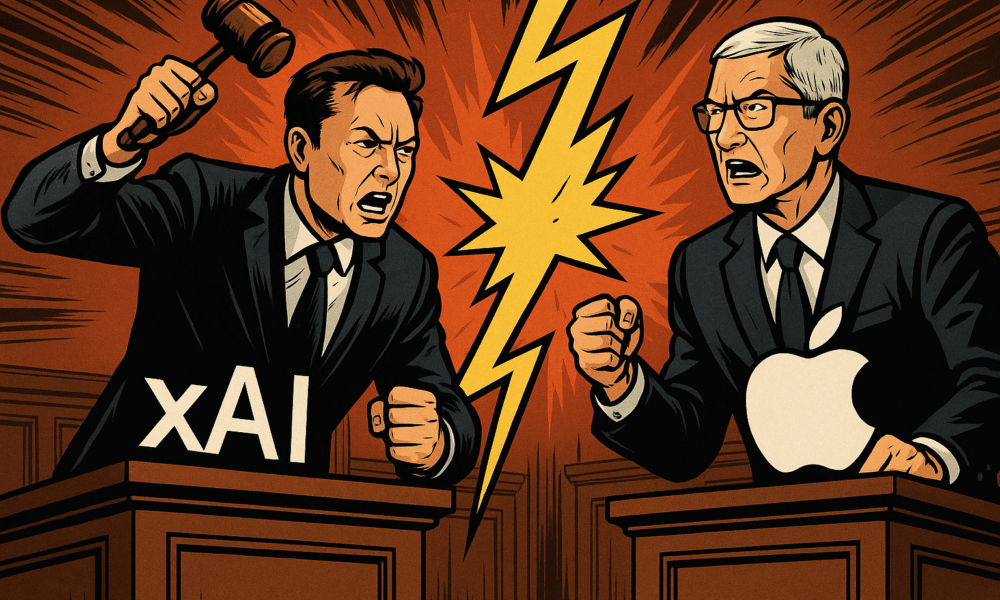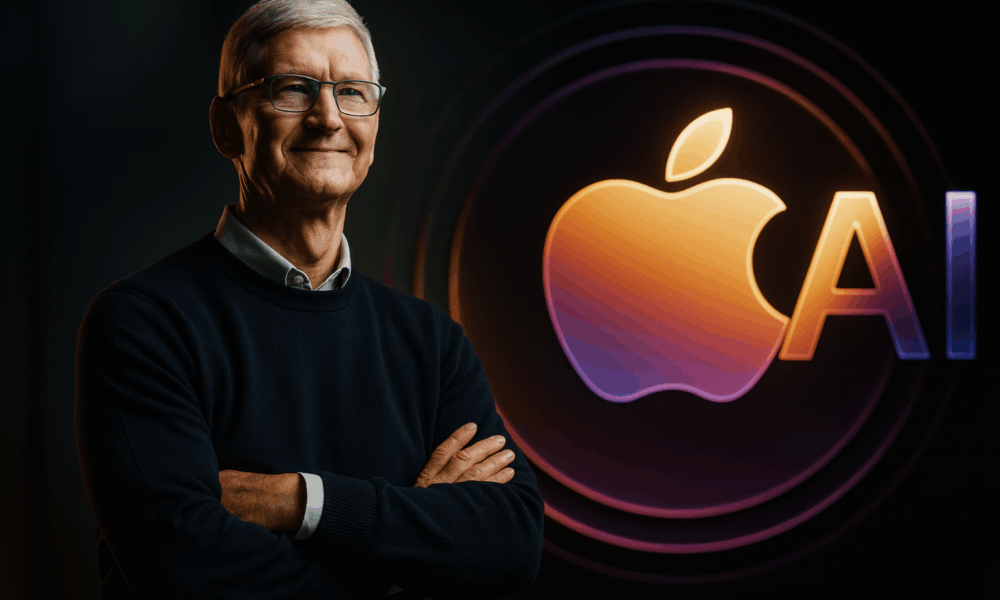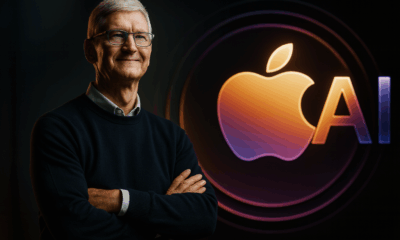


Elon Musk has fired the opening salvo in what could be one of the tech industry’s most dramatic legal battles in years. With his AI startup...



In an uncommonly urgent internal address on August 1, 2025, Apple CEO Tim Cook delivered a bold message to staff: “Apple must win in AI.” Coming...